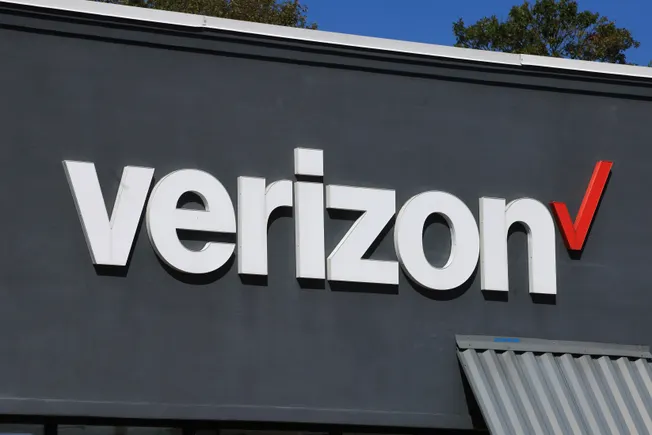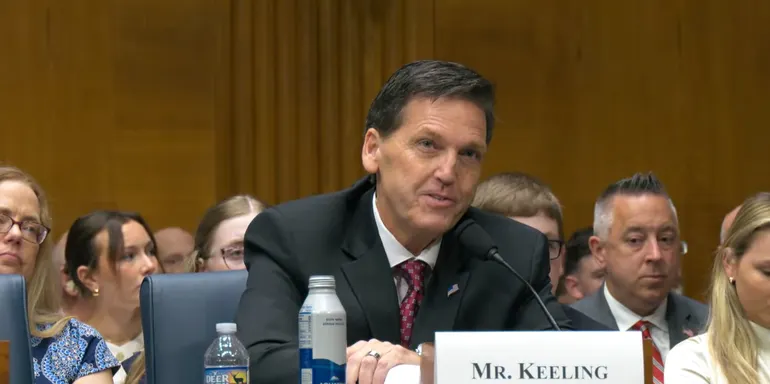Dive Brief:
- President Donald Trump issued an executive order Wednesday directing federal agencies including the U.S. Equal Employment Opportunity Commission to eliminate enforcement of disparate-impact liability under civil rights laws, stating that disparate impact violates the constitution and impedes fair hiring decisions.
- Trump directed Attorney General Pam Bondi and Acting EEOC Chair Andrea Lucas to assess all pending investigations, civil suits or positions taken in matters related to federal civil rights laws — including Title VII of the 1964 Civil Rights Act — that rely on disparate-impact liability theory and take appropriate action on those items within 45 days of the order’s publication.
- The order also directed Bondi and Lucas to jointly formulate and issue guidance or technical assistance to employers on “appropriate methods to promote equal access to employment regardless of whether an applicant has a college education, where appropriate.” An EEOC spokesperson said the agency would comply with the order.
Dive Insight:
The directive departs from decades of federal enforcement posture under the U.S. Department of Justice and EEOC, both of which have long recognized the validity of disparate-impact claims.
Archival EEOC documentation notes, for example, the agency’s position that Title VII prohibits both overt discrimination against individuals — known as “disparate treatment” — as well as discrimination that occurs when neutral policies or practices have a disproportionate, adverse impact — or disparate impact — on any protected class. A 1991 amendment to the Civil Rights Act further established that plaintiffs may establish disparate impact and outlined procedures by which they may do so.
Disparate-impact liability is a target of some conservative legal advocates, however, and the effort to remove this liability was referenced by the Heritage Foundation in its “Project 2025” presidential transition document. Trump has denied having been influenced by “Project 2025” but also has implemented several of the document’s recommendations and appointed a group of its authors to positions within his administration.
Trump’s order established a 90-day deadline by which all agencies must evaluate existing consent judgments and permanent injunctions that rely on disparate-impact liability and “take appropriate action with respect to such matters” consistent with the order. He also directed Bondi to determine whether any federal authorities preempt state laws, regulations, policies or practices that impose such liability.
Disparate-impact liability “not only undermines our national values, but also runs contrary to equal protection under the law and, therefore, violates our Constitution,” Trump said in the order.
The order’s components arguably violate federal law, according to Karen Ortiz, an administrative judge at EEOC, who said in an interview with HR Dive that she believed the order to be a way to “cut off” class-action lawsuits alleging discrimination and an effort to limit the concept of discrimination itself. Ortiz added that disparate treatment appears in “almost all” of the cases taken up by the agency.
“All of this to me is highly illegal,” Ortiz said. “I couldn’t in good faith say that this is the commission’s approach when we have a lawless chair and no quorum.”






Leave a Reply